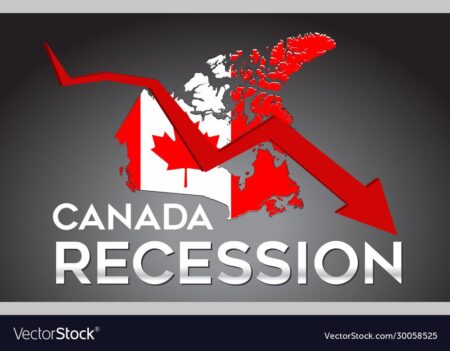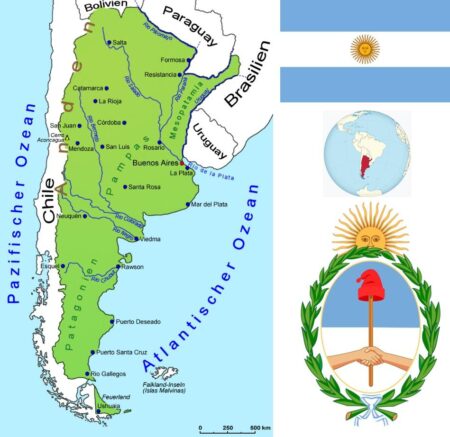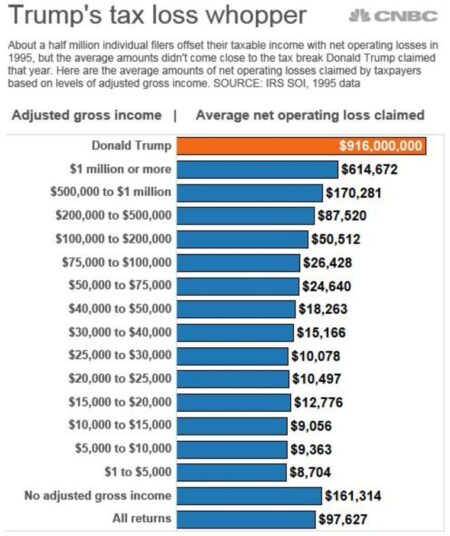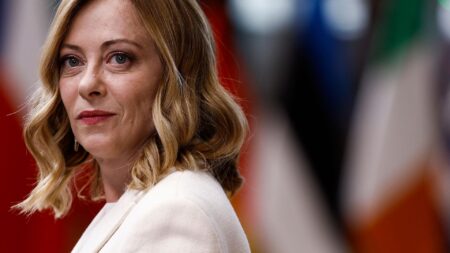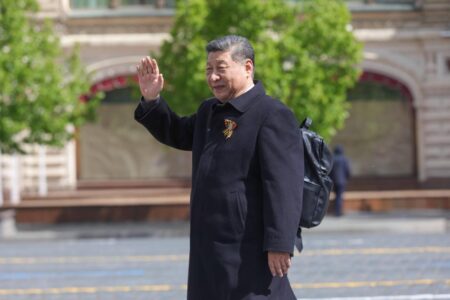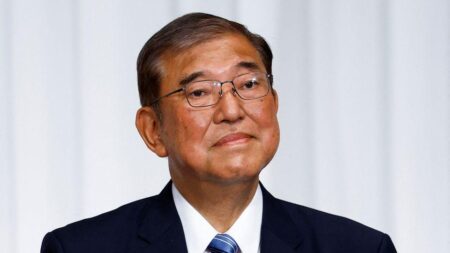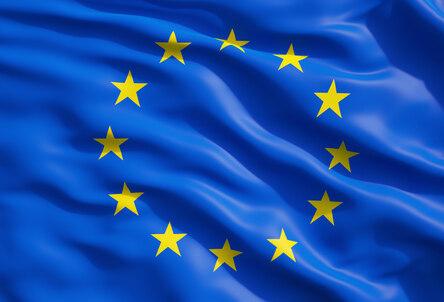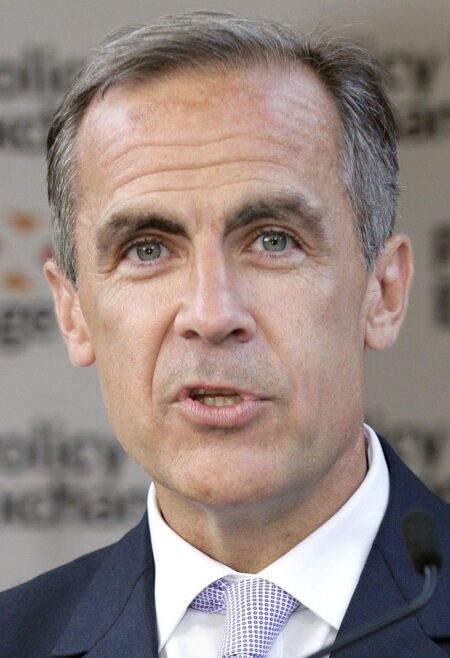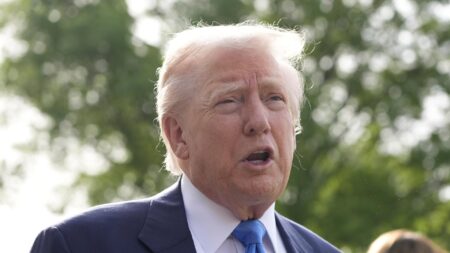Economists are sounding the alarm, declaring that Canada has slipped into a recession. With consumer spending taking a hit and inflation on the rise, the outlook is concerning. Analysts predict that these persistent economic pressures may spell extended difficulties for Canadian households and businesses alike.
Browsing: economic policy
Javier Milei, Argentina’s president-elect, is making waves with his electrifying rhetoric and unique flair. Frequently donning a striking lion-themed wig, this libertarian economist presents himself as a fierce champion against the establishment, vowing to usher in groundbreaking change for a nation in need of revival
In a significant diplomatic breakthrough, French President Emmanuel Macron and Chinese President Xi Jinping have joined forces to tackle the enduring cognac trade dispute. This exciting collaboration is set to strengthen bilateral trade relations and bring economic benefits to both nations.
Spain stands out as the only major NATO member yet to embrace the alliance’s ambitious goal of dedicating 5% of GDP to defense spending. As European nations ramp up their military budgets in response to escalating geopolitical tensions, Spain’s hesitance sparks intriguing questions about its defense priorities and future commitments.
In a pivotal gathering in Canada, G7 finance leaders came together to tackle the pressing issue of non-tariff barriers, seeking a cohesive strategy amidst escalating global trade tensions. Yet, the path forward may be fraught with challenges, as U.S. officials are likely to prioritize their own domestic interests, potentially complicating these crucial discussions.
Italy is gearing up for a significant shift in NATO’s defense spending goals, with expectations that the target will rise to between 3.5% and 5% of GDP. This change comes in response to the growing security challenges facing Europe today. The move is designed to enhance the military capabilities of member states as they navigate an increasingly complex geopolitical landscape
Spain is rolling out a bold new tax policy that could significantly impact British buyers looking to purchase holiday homes. With plans to impose a staggering 100% tax on foreign-owned properties, the government is stirring up quite a buzz and raising eyebrows among potential investors. Will this move deter dreamers from owning a slice of Spanish paradise?
In a bold move, Brazil has scrapped its contentious offshore tax on investment funds after facing intense pushback from investors. This pivotal decision is set to rejuvenate confidence in the financial sector and draw in foreign capital, signaling a transformative shift in the government’s fiscal strategy.
Beijing is basking in the glow of a strategic triumph with the recent truce on U.S. tariffs, signaling a hopeful thaw in trade tensions. As both nations take a moment to reevaluate their economic strategies, China is poised to bolster its standing in global markets while nurturing robust domestic growth.
In a bold move, Argentina’s President Javier Milei has broadened the boundaries on the right to strike, a decision designed to tackle rising labor unrest in the face of economic turmoil. While critics warn that this could jeopardize workers’ rights, supporters argue that it paves the way for greater stability in the labor market.
Even with President Trump’s proposed tax on remittances, experts believe it won’t significantly shake up the Indian economy. Analysts highlight that India’s strong inflow of overseas funds, coupled with the unwavering support of its diaspora, will cushion any potential setbacks.
Japan is ramping up its efforts to persuade the United States to lift tariffs, highlighting growing worries about trade barriers that impact their relationship. This push comes during crucial negotiations, as Japan aims to boost economic collaboration and forge even stronger connections.
Italian Prime Minister Giorgia Meloni is on a mission to elevate the nation’s credit rating as she opens dialogues with Moody’s. With Italy’s rating teetering close to junk status, Meloni is determined to inspire investor confidence and ignite economic growth through strategic fiscal reforms.
China’s leading state banks are poised to lower deposit rates this Tuesday, according to insider sources. This pivotal change in the country’s monetary policy is designed to invigorate lending and spark economic growth as the nation navigates through persistent economic hurdles
China has urged the United States to reconsider its stance on AI chip export restrictions. The Chinese government highlights that these measures stifle innovation and collaboration within the tech industry, calling for a shift towards a more cooperative and constructive relationship
Japanese Prime Minister Shigeru Ishiba is under mounting pressure as his approval ratings hit a historic low. With economic challenges and growing public dissatisfaction swirling around him, political analysts are buzzing with speculation about what this could mean for his leadership and the future of the ruling party.
The European Union has updated its growth forecasts for Italy for 2025 and 2026, highlighting worries about falling productivity and the effects of tariffs. This revision sheds light on the persistent economic hurdles the nation is grappling with as global trade dynamics continue to shift.
France has revealed that talks with China regarding a long-standing cognac dispute have hit a roadblock, marking a significant setback in the quest to ease trade tensions. This impasse raises alarm bells for the French spirits industry and could impact exports, leaving many wondering what the future holds for this iconic beverage.
Following Mark Carney’s triumphant win, Canada’s economy is navigating choppy waters. Recent job statistics have unveiled the lowest employment numbers we’ve seen in almost ten years. Experts are sounding the alarm over escalating unemployment rates, urging swift policy actions to address this pressing issue.
In a bold statement, former President Donald Trump called on Apple to rethink its strategy for expanding iPhone production in India. He voiced his worries about the potential impact on American jobs as tech giants increasingly move their manufacturing operations abroad

